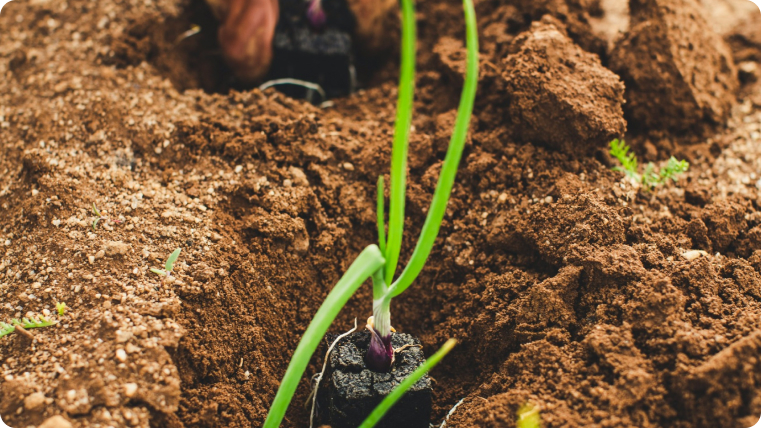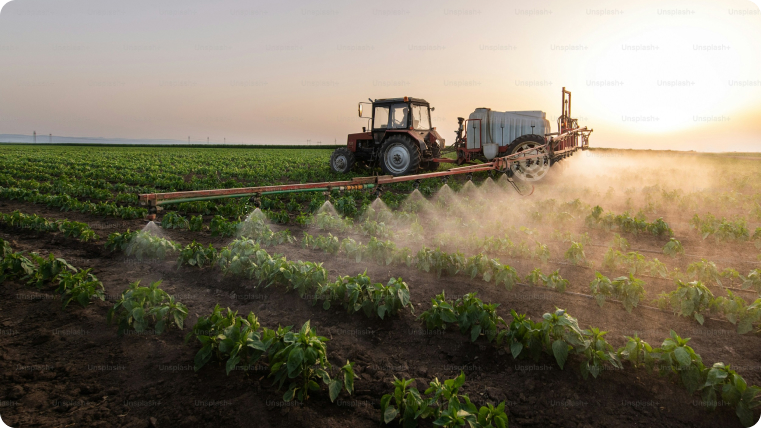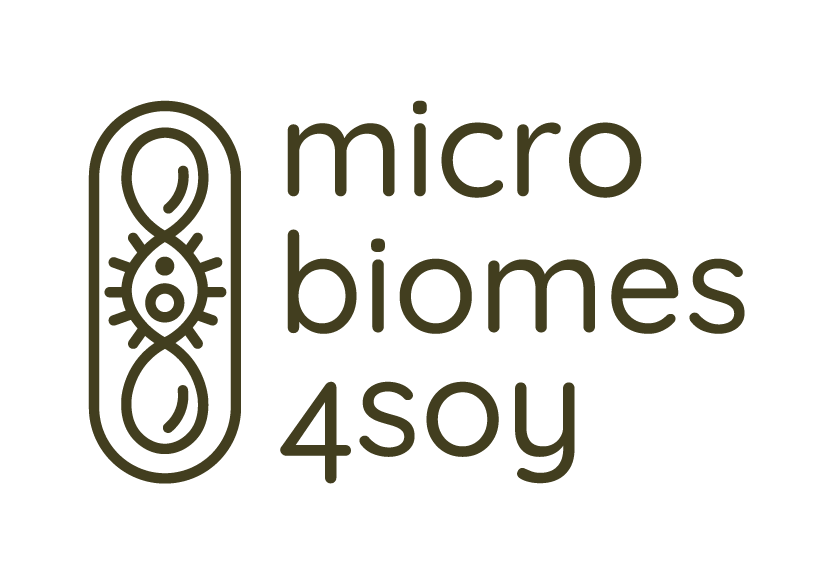Microbiome-based research for healthier diets and sustainable food and feed systems
Transforming Food Systems Through Microbiome Innovation
Microbiomes are crucial for food system sustainability, however, our current understanding of their key roles remains fragmented. This limits the ability to harness the full potential of microbiome-based understandings for positive impact.
MICROBIOMES4SOY aims to address this challenge by researching microbiome pathways that support a sustainable food system, with the soya bean serving as a model crop system for exploring microbiome interactions.
Despite the soya bean’s promise as a sustainable protein source, obstacles such as climate change and the need for reduced chemical inputs underscore the urgency for innovative solutions.
Hence, the project will focus on improving soya crop productivity to contribute to healthy plant-based protein alternatives, while also developing improved soya-based fish feed for the aquaculture industry.
MICROBIOMES4SOY aims to improve the knowledge around microbiomes found all along our food systems, from production to consumption.


The MICROBIOMES4SOY approach
MICROBIOMES4SOY employs a multifaceted approach; by developing microbiome-informed approaches, including agricultural management and predictive models, the project aims to improve yield stability, enhance environmental sustainability, and ensure food safety and quality.
The research extends its scope beyond plant microbiomes, investigating the influence of soya-derived protein diets on the human gut microbiome and health. Additionally, innovative soya-based aquafeeds will be created and evaluated for their effects on fish gut microbiome and health.
The main objectives:
Click on an objective to read the description.
1
Understanding Soya Plant Microbiomes: Enhancing Crop Productivity
2
Microbiome-Informed Dietary Recommendations: Exploring Human Health Impacts
3
Soya-Based Aquafeeds: Innovating Aquaculture Sustainability
4
Joint Efforts for Food
Systems Transformation
5
Improved Microbiome-Based Knowledge and Skills for Food Systems Actors
